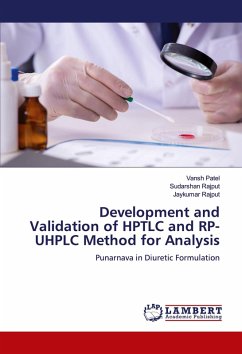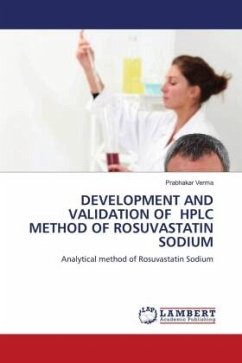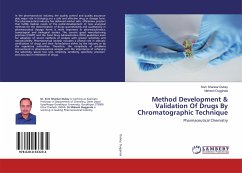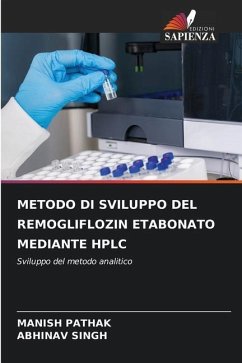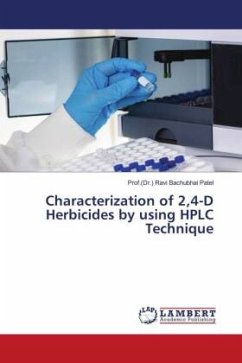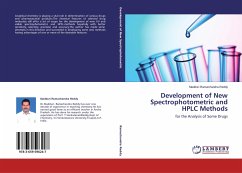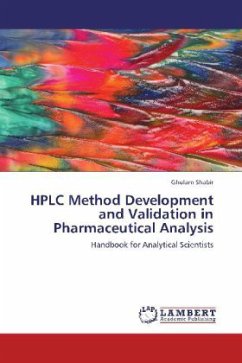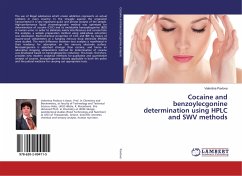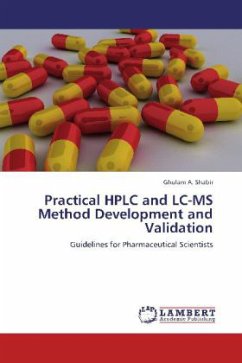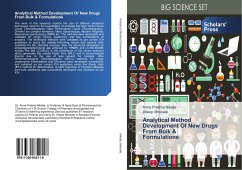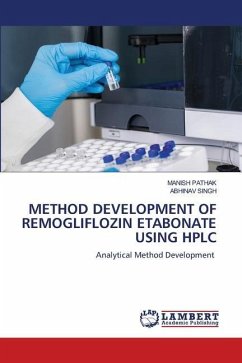
METHOD DEVELOPMENT OF REMOGLIFLOZIN ETABONATE USING HPLC
Analytical Method Development
Versandkostenfrei!
Versandfertig in 6-10 Tagen
40,99 €
inkl. MwSt.

PAYBACK Punkte
20 °P sammeln!
The objective of the study IS to develop and validate the dissolution method assisted with the analytical method for the estimation of remogliflozin etabonate. Dissolution test has emerged in the pharmaceutical field as a very important tool to characterize drug product performance. It provides measurements of the bioavailability of a drug as well as demonstrates bioequivalence from batch to batch. Besides, dissolution is a requirement for regulatory approval for product marketing and is a vital component of the overall quality control program, particularly in the pharmaceutical industry; the ...
The objective of the study IS to develop and validate the dissolution method assisted with the analytical method for the estimation of remogliflozin etabonate. Dissolution test has emerged in the pharmaceutical field as a very important tool to characterize drug product performance. It provides measurements of the bioavailability of a drug as well as demonstrates bioequivalence from batch to batch. Besides, dissolution is a requirement for regulatory approval for product marketing and is a vital component of the overall quality control program, particularly in the pharmaceutical industry; the quality of the drugs produced must be carefully tested in tablets, solutions, suspension, or other dosage forms. Slight differences in composition or in drug purity can affect therapeutic value itself. Newer and better methods for pharmaceuticals are therefore constantly required. Ich q2(r1) guideline entitled "validation of analytical procedures: text and methodology "requires validation tobe carried out of the developed method to ensure that the developed analytical method will consistently produce results meeting predetermined specifications and quality attributes.



